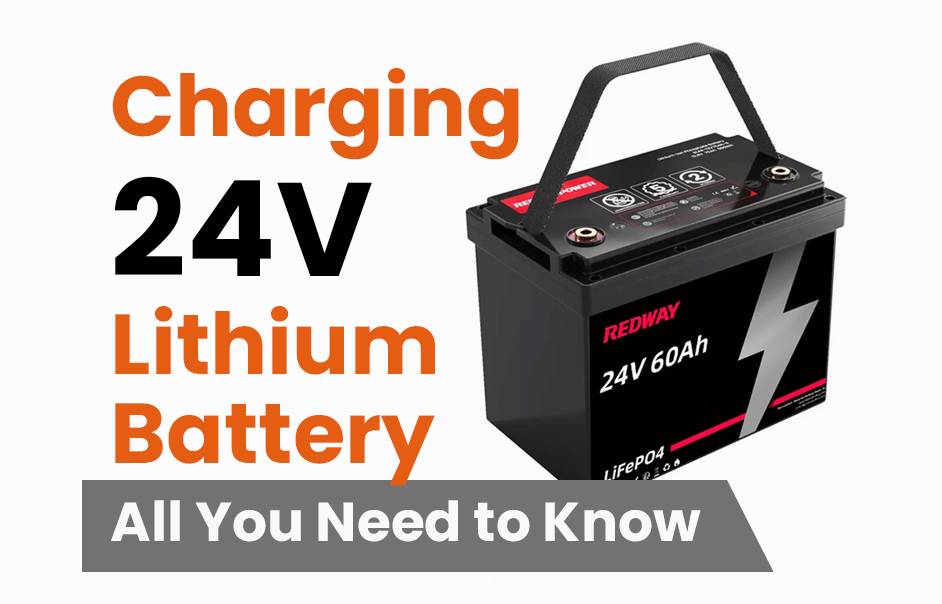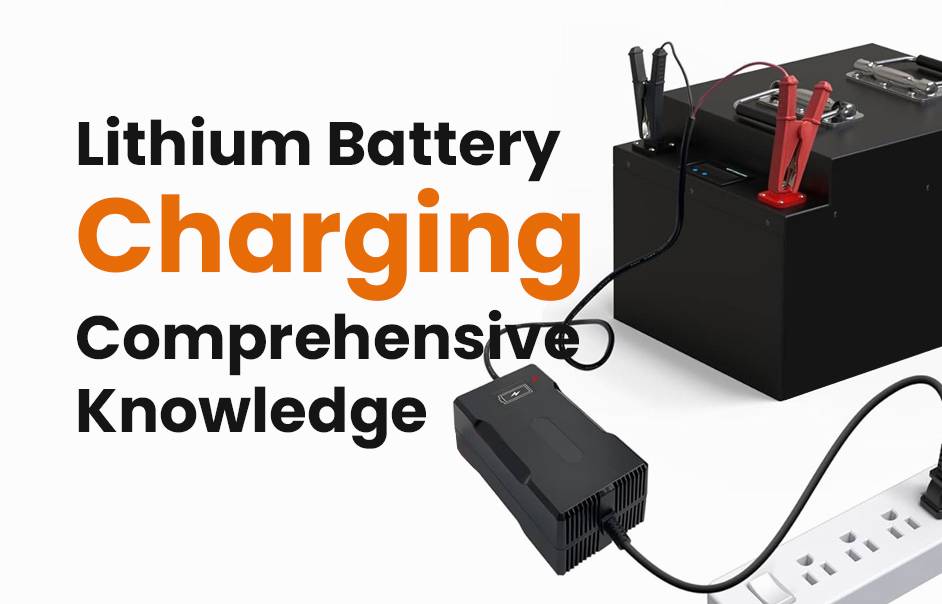- Rack-mounted Lithium Battery
- Golf Cart Lithium Battery
-
Golf Cart Lithium Battery
- 36V 50Ah (for Golf Carts)
- 36V 80Ah (for Golf Carts)
- 36V 100Ah (for Golf Carts)
- 48V 50Ah (for Golf Carts)
- 48V 100Ah (Discharge 100A for Golf Carts)
- 48V 100Ah (Discharge 150A for Golf Carts)
- 48V 100Ah (Discharge 200A for Golf Carts)
- 48V 120Ah (for Golf Carts)
- 48V 150Ah (for Golf Carts)
- 48V 160Ah (Discharge 100A for Golf Carts)
- 48V 160Ah (Discharge 160A for Golf Carts)
-
Golf Cart Lithium Battery
- Forklift Lithium Battery
- 12V Lithium Battery
- 24V Lithium Battery
- 36V Lithium Battery
- 48V Lithium Battery
-
48V LiFePO4 Battery
- 48V 50Ah
- 48V 50Ah (for Golf Carts)
- 48V 60Ah (8D)
- 48V 100Ah (8D)
- 48V 100Ah
- 48V 100Ah (Discharge 100A for Golf Carts)
- 48V 100Ah (Discharge 150A for Golf Carts)
- 48V 100Ah (Discharge 200A for Golf Carts)
- 48V 150Ah (for Golf Carts)
- 48V 160Ah (Discharge 100A for Golf Carts)
- 48V 160Ah (Discharge 160A for Golf Carts)
-
48V LiFePO4 Battery
- 60V Lithium Battery
-
60V LiFePO4 Battery
- 60V 20Ah
- 60V 30Ah
- 60V 50Ah
- 60V 50Ah (Small Size / Side Terminal)
- 60V 100Ah (for Electric Motocycle, Electric Scooter, LSV, AGV)
- 60V 100Ah (for Forklift, AGV, Electric Scooter, Sweeper)
- 60V 150Ah (E-Motocycle / E-Scooter / E-Tricycle / Tour LSV)
- 60V 200Ah (for Forklift, AGV, Electric Scooter, Sweeper)
-
60V LiFePO4 Battery
- 72V~96V Lithium Battery
- E-Bike Battery
- All-in-One Home-ESS
- Wall-mount Battery ESS
-
Home-ESS Lithium Battery PowerWall
- 24V 100Ah 2.4kWh PW24100-S PowerWall
- 48V 50Ah 2.4kWh PW4850-S PowerWall
- 48V 50Ah 2.56kWh PW5150-S PowerWall
- 48V 100Ah 5.12kWh PW51100-F PowerWall (IP65)
- 48V 100Ah 5.12kWh PW51100-S PowerWall
- 48V 100Ah 5.12kWh PW51100-H PowerWall
- 48V 200Ah 10kWh PW51200-H PowerWall
- 48V 300Ah 15kWh PW51300-H PowerWall
PowerWall 51.2V 100Ah LiFePO4 Lithium Battery
Highly popular in Asia and Eastern Europe.
CE Certification | Home-ESS -
Home-ESS Lithium Battery PowerWall
- Portable Power Stations
Can you charge a 24V lithium battery with a 12V charger?

Are you considering charging a 24 volt lithium battery with a 12 volt charger? Before diving into this idea, let’s explore the potential risks and safety measures associated with this practice. Understanding the nuances of lithium batteries and voltage compatibility is crucial to avoid costly mistakes. So, grab your seat as we unravel the intricacies of charging a 24v lithium battery with a 12v charger!
Understanding Lithium Batteries and Voltage
Lithium batteries have become the go-to choice for many electronic devices due to their high energy density and long lifespan. When it comes to voltage, these batteries operate within specific ranges to function optimally. The voltage rating of a lithium battery indicates the amount of electrical potential stored within it.
A 24 volt lithium battery is designed to be charged with a charger that matches its voltage output. Using a charger with a lower voltage than recommended can lead to undercharging, affecting the performance and longevity of the battery. Conversely, attempting to charge a 24v battery with a higher voltage charger can cause overheating and potentially hazardous situations.
It’s essential to match the correct charger voltage with your lithium battery to ensure safe and efficient charging. Understanding how voltage impacts battery health is key in maximizing the lifespan and performance of your 24v lithium ion battery.
The Risks of Charging a 24 Volt Battery with a 12 Volt Charger
When it comes to charging a 24 volt lithium battery with a 12 volt charger, there are significant risks involved that should not be overlooked.
Using a lower voltage charger than what is required can lead to incomplete charging of the battery, resulting in reduced performance and capacity. This mismatch can also cause overheating issues during the charging process, potentially leading to safety hazards like fires or explosions.
Furthermore, attempting to charge a 24 volt battery with a 12 volt charger may damage the battery cells and compromise their overall lifespan. This could result in irreversible harm to the battery’s functionality and efficiency over time.
It is crucial to understand that using an incompatible charger poses serious risks not only to the battery itself but also to your personal safety and property. Always prioritize using the correct voltage charger recommended for your specific lithium battery to avoid these potential dangers.
Tips for Safely Charging a 24 Volt Battery
When it comes to safely charging a 24 volt lithium battery, there are several important tips to keep in mind. First and foremost, always use a charger specifically designed for a 24 volt battery to avoid any potential risks or damage. Using the correct charger ensures that the battery is charged efficiently and effectively.
Before beginning the charging process, carefully read the manufacturer’s instructions and guidelines for your specific 24 volt lithium battery. This will help you understand the proper charging procedure and ensure optimal performance of the battery.
It’s crucial to monitor the charging process closely and never leave a charging battery unattended. Overcharging can lead to overheating or even cause damage to the battery, so it’s essential to disconnect the charger once the battery is fully charged.
Additionally, make sure that the charging area is well-ventilated to prevent any potential heat build-up during the charging process. Proper ventilation helps dissipate heat and reduces any safety risks associated with charging lithium batteries.
By following these tips for safely charging a 24 volt lithium battery, you can prolong its lifespan and ensure safe operation for all your power needs.
Alternative Options for Charging a 24 Volt Battery
When it comes to charging a 24 volt lithium battery, using the correct charger is crucial for safety and optimal performance. If you find yourself without a dedicated 24 volt charger, there are alternative options available that can help in a pinch.
One option is to use a series connection of two 12 volt chargers. By connecting two 12 volt chargers in series, you can effectively create a 24 volt output to charge your battery. However, this method requires careful attention to ensure both chargers are compatible and connected correctly.
Another alternative is utilizing a voltage converter or step-up module. These devices can convert the lower voltage output of a 12 volt charger into the higher voltage needed for a 24 volt battery. Just make sure to select a converter that meets the power requirements of your battery.
Always proceed with caution when exploring alternative charging methods for your 24 volt lithium battery. It’s essential to prioritize safety and avoid potential risks associated with using incompatible equipment.
Factors to Consider Before Attempting to Charge a 24 Volt Battery with a 12 Volt Charger
Before attempting to charge a 24 volt battery with a 12 volt charger, several important factors should be taken into consideration. It’s crucial to understand the voltage requirements of the specific lithium battery you are dealing with. Mixing different voltages can lead to potential risks like overheating or even causing damage to the battery cells.
Moreover, consider the compatibility between the charger and the battery. Using an incompatible charger may not only result in inefficient charging but also pose safety hazards. Additionally, check if there are any manufacturer recommendations or guidelines regarding charging methods for your particular 24 volt lithium battery.
Furthermore, assess the condition of both the charger and the battery before proceeding with charging. Any signs of damage or wear and tear should be addressed before attempting to connect them. Always prioritize safety when working with electrical components – wear appropriate protective gear and follow best practices for handling batteries and chargers.
Remember that ensuring proper voltage matching is essential for maintaining both performance and longevity of your lithium battery system.
Conclusion and Final Thoughts
In the world of lithium batteries, voltage compatibility is crucial for safety and optimal performance. Attempting to charge a 24-volt lithium battery with a 12-volt charger can pose serious risks such as overheating, damage to the battery cells, or even hazardous situations like fires or explosions.
To safely charge a 24-volt lithium battery, always use a charger specifically designed for that voltage rating. Investing in the right equipment may save you from costly damages and ensure the longevity of your battery.
Remember to consider factors like charging currents, connectors compatibility, and temperature conditions before attempting any charging process. It’s better to be cautious than risk damaging your valuable lithium battery.
When it comes to charging a 24-volt lithium battery, always prioritize safety and follow manufacturer recommendations. Your battery’s health and your own well-being depend on it.


















